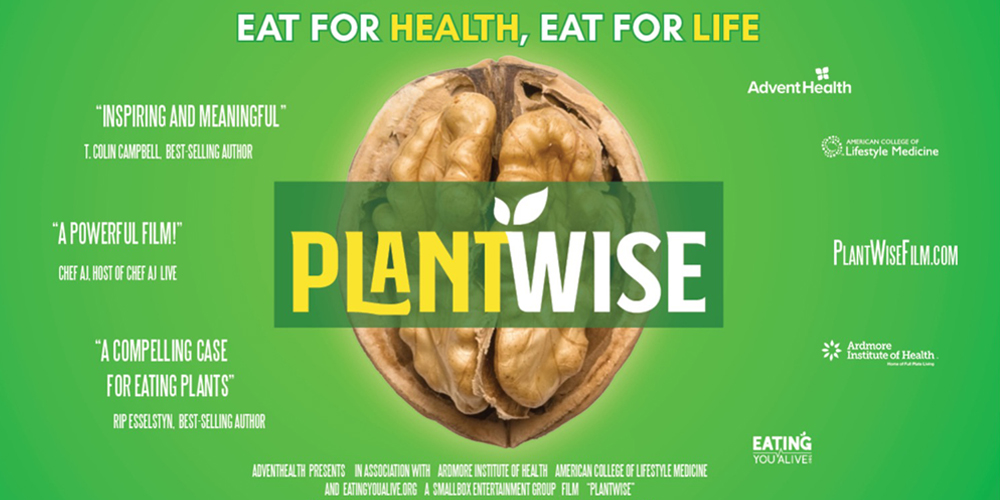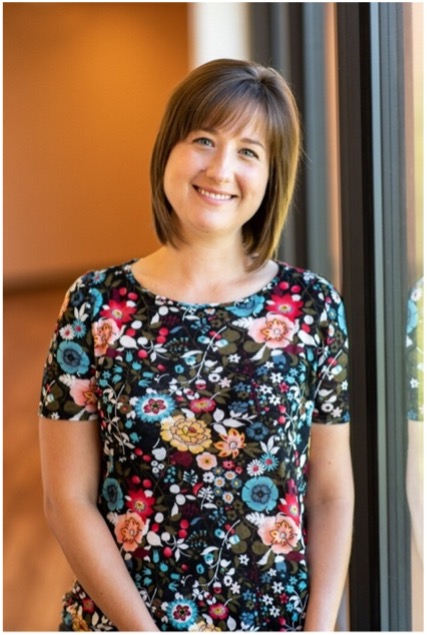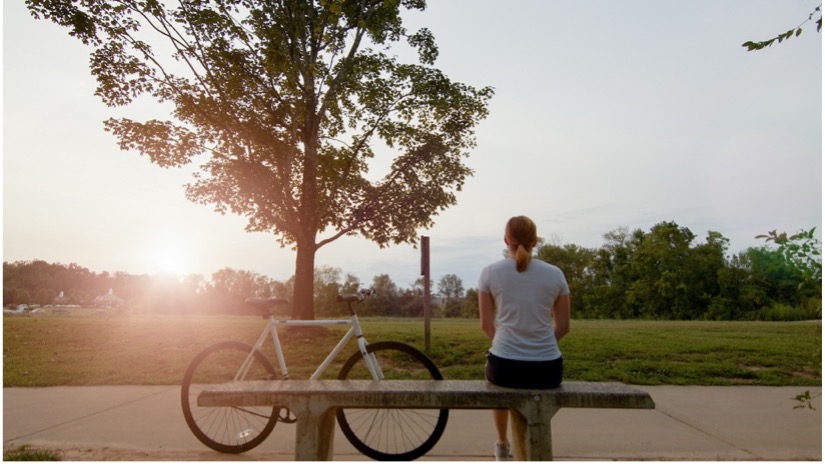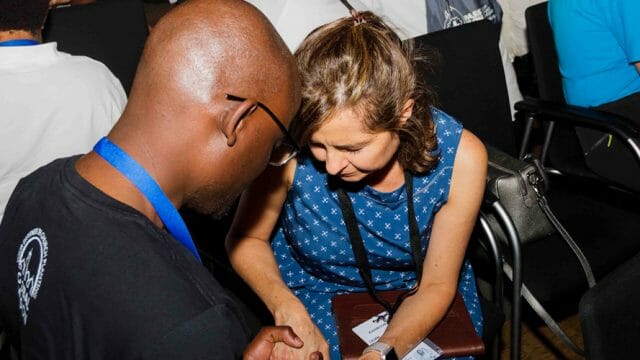New film features lifestyle medicine experts guiding six individuals through recovery from chronic illness.

Karene Bejarano grew up in the country, living a “vegetarian” lifestyle and only rarely eating meat. As a substitute for meat, she ate a lot of cheese, eggs, and processed foods. Shortly after getting married, she started having health issues that eventually escalated with her first pregnancy.
“At the 27-week mark in the pregnancy, the doctor ordered a glucose tolerance test. I failed the test quite significantly,” Bejarano, a registered nurse who works for a hospital on the U.S. west coast, said. “They told me I had gestational diabetes and I was going to have to see an endocrinologist and do food counseling. They said, ‘But don’t worry; it will go away. You’ll just have to be careful. If you exercise and keep yourself healthy, you’ll be just fine.’ ”
After giving birth, however, Bejarano experienced terrible muscle weakness, intermittent blurred vision, and high blood sugar levels, leading to a diagnosis of Type 1 diabetes.

“It was very disheartening, and I went through a lot of denial,” she said. “I was truly grieving a loss. I was losing my health, which is part of what all of us have the right to enjoy in life.”
Bejarano is one of six individuals who share their health transformation stories in the recently released film PlantWise. Produced in the United States by a partnership of the AdventHealth system, Ardmore Institute of Health, American College of Lifestyle Medicine, and EatingYouAlive.org, the film features 18 leading lifestyle medicine experts from 14 specialties and disciplines.
In the documentary, the six individuals showcase their struggles with debilitating health conditions, often caused by poor lifestyle choices.
The turning point for each of them is the decision to change what they put on their plate by embracing a whole-food, plant-based diet. For Bejarano, while she couldn’t completely eliminate her medication for Type 1 diabetes (an irreversible condition), her improved lifestyle allowed her to lower the amount she needed to take.
Change Comes Quickly
“When I made the switch to a whole-food, plant-based lifestyle, I started experiencing significant changes rather quickly,” Bejarano recounted. “Within six months, I had lost 40 pounds. My doctor said my blood pressure was quite low and that they were going to take me off my blood pressure medication. My cholesterol was dropping too, so he said I wouldn’t need my cholesterol medication anymore. In fact, I was able to get off the majority of my medications.”
Nearly half of all Americans suffer from at least one chronic disease, which is responsible for 1.7 million deaths every year, according to a study published in the International Journal of Environmental Research and Public Health. Lifestyle medicine experts believe that exposing the results of unhealthy food choices and revealing the benefits of a whole-food, plant-based lifestyle could significantly help to slow this trend.
“A plant-based diet is the best diet available for humans. When minimally processed plant food is consumed, it can be incredibly health-promoting and even therapeutic, to the point of reversing disease,” George Guthrie, a lifestyle medicine physician at AdventHealth, noted. Guthrie, who is also the author of Eat Plants, Feel Whole, a health transformation book, added, “The average American is deficient in potassium, magnesium, and fiber. Those eating a whole-food, plant-based diet do not have this problem.”

Bejarano recalled how adopting this healthy eating approach made her feel much more alive.
“I thought I was free, but I didn’t really understand what freedom was until I changed my lifestyle,” she said. “You have more energy, you’re more vibrant and you’re happier. When you really decide you’re going to change your lifestyle and you stand firm with that decision, it radically changes your life for the better, and you’ll never want to go back.”
Todd Chobotar, editor-in-chief at AdventHealth Press and executive producer of the 48-minute PlantWise, said the film was created not only to share transformative patient stories but also to detail solutions to chronic health conditions and support physician-patient engagement.
“It is our hope that PlantWise will positively impact people’s health when it is viewed by many audiences across the globe, including health-care employees, inpatients, outpatients, medical providers, consumers, churches, and other community organizations,” Chobotar noted.
Local pastor Gabriel Bardan, whose congregation in Elgin, Illinois, established a lifestyle center called Salient, has shown the PlantWise video twice for health events in the community. “The documentary is not heavy lectures, it’s sprinkled [with plant-based advice],” Bardan said. “The stories of six people, they start with a problem, and little by little you find the solution. . . . A little change in diet has produced a tremendous effect. The documentary is very powerful. Everyone was impressed.”
Hans Diehl, founder of the Complete Health Improvement Program (CHIP), called PlantWise “the best plant-based film out there.”
To view the film as well as additional resources for free, visit PlantWiseFilm.com.









